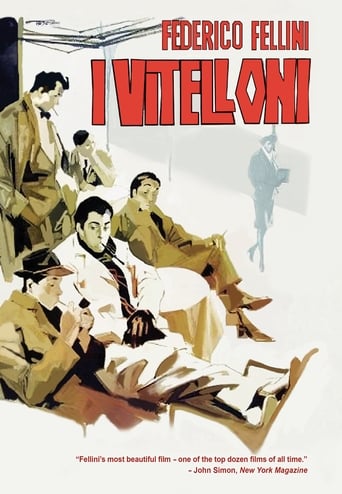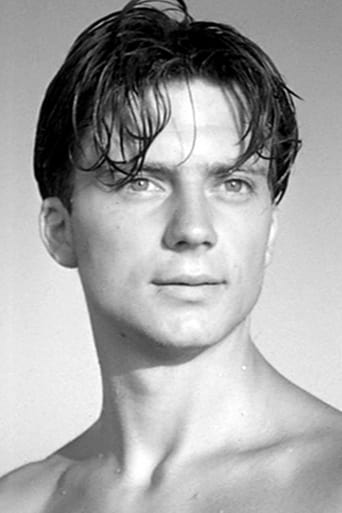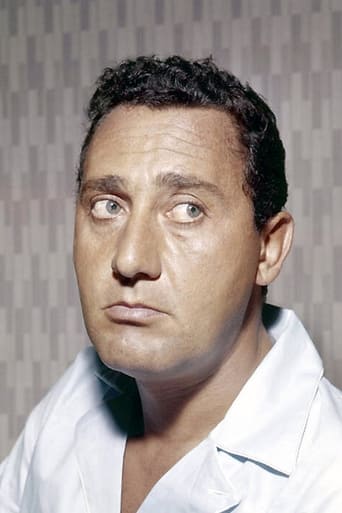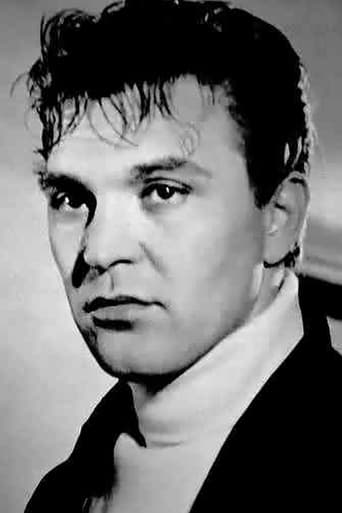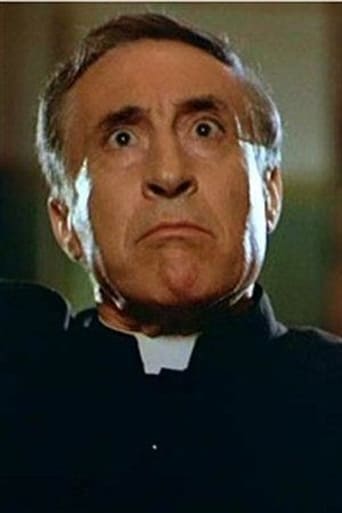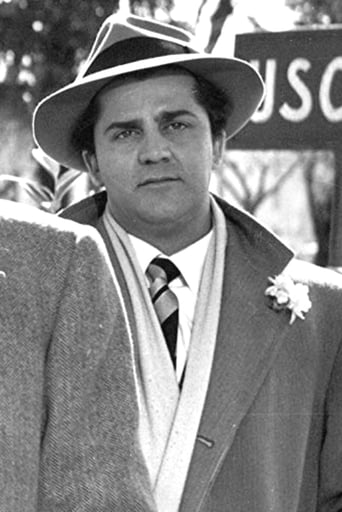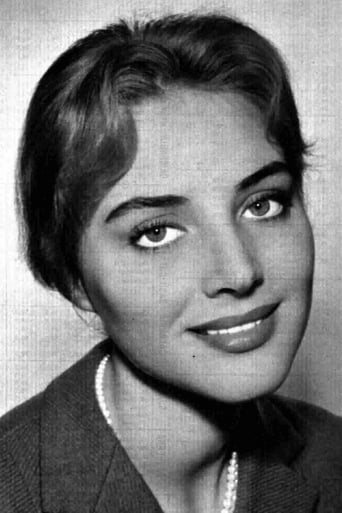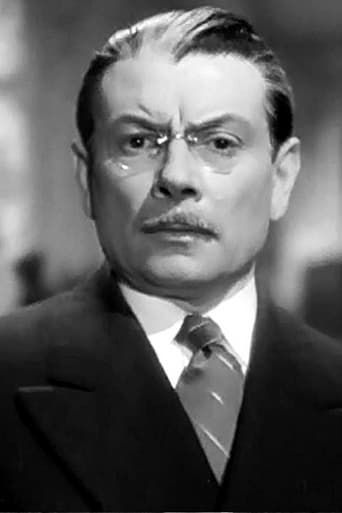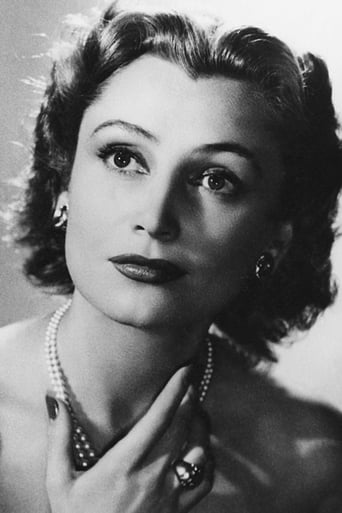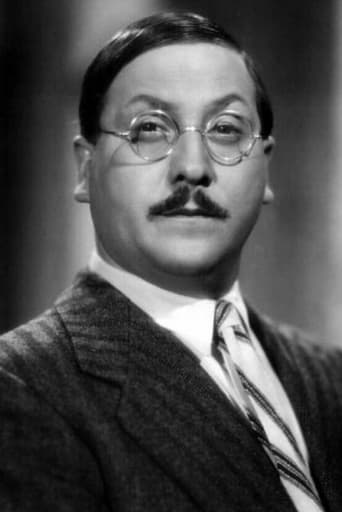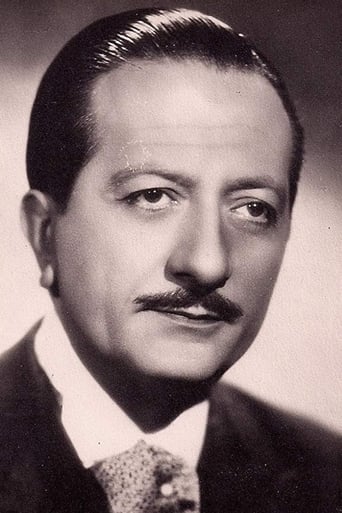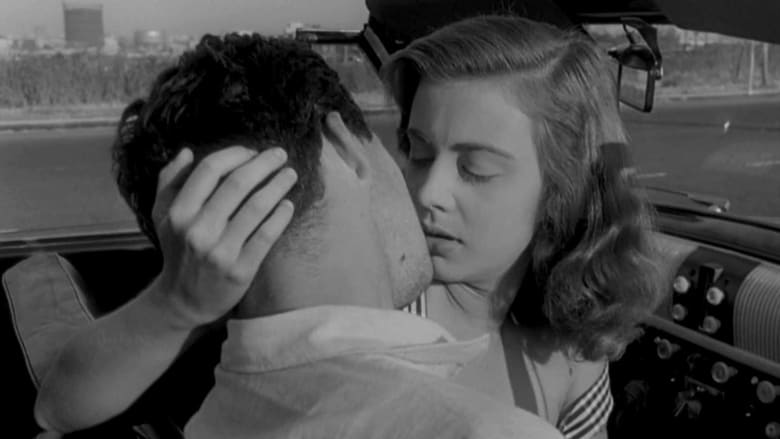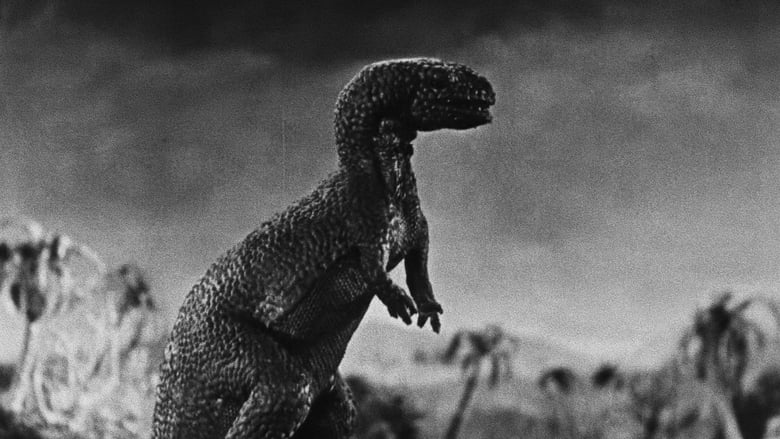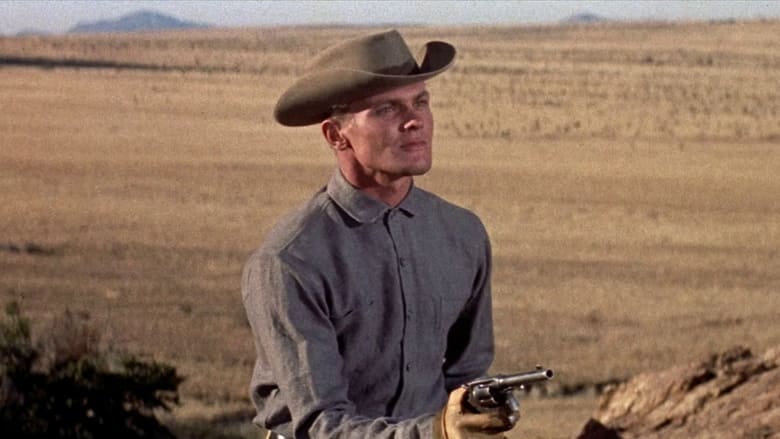Five young men dream of success as they drift lazily through life in a small Italian village. Fausto, the group's leader, is a womanizer; Riccardo craves fame; Alberto is a hopeless dreamer; Moraldo fantasizes about life in the city; and Leopoldo is an aspiring playwright. As Fausto chases a string of women, to the horror of his pregnant wife, the other four blunder their way from one uneventful experience to the next.


Similar titles
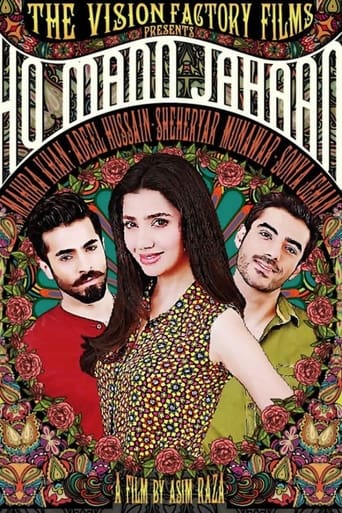
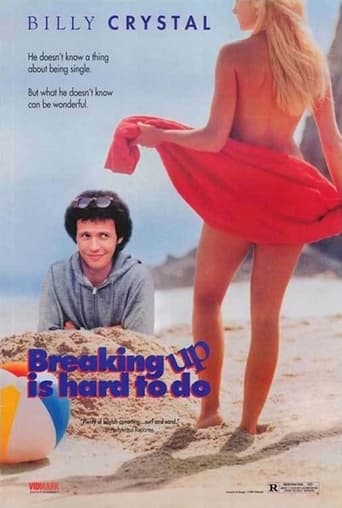
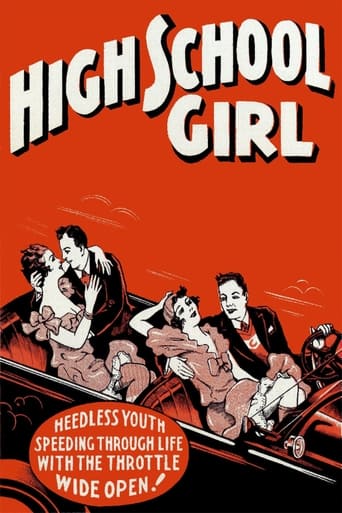


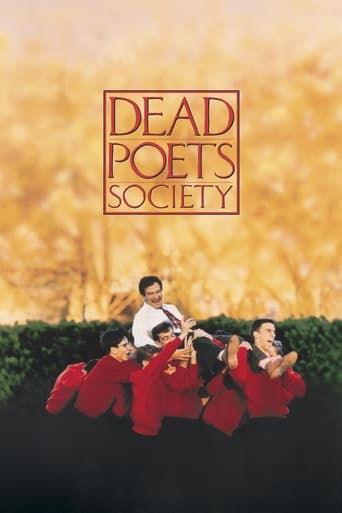
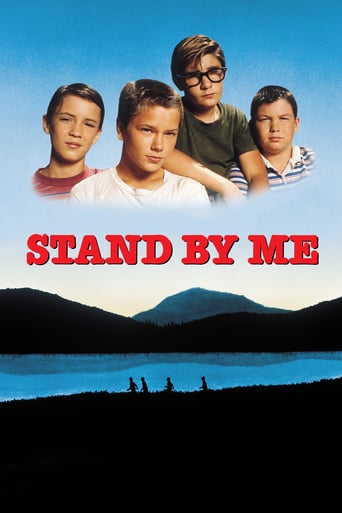
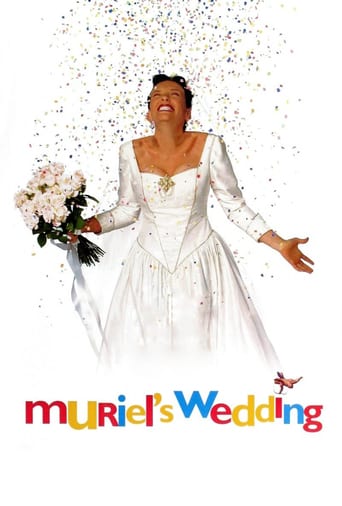
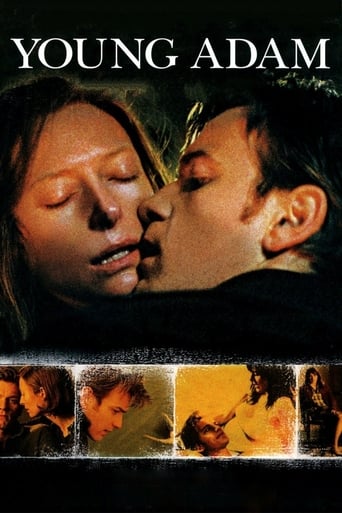
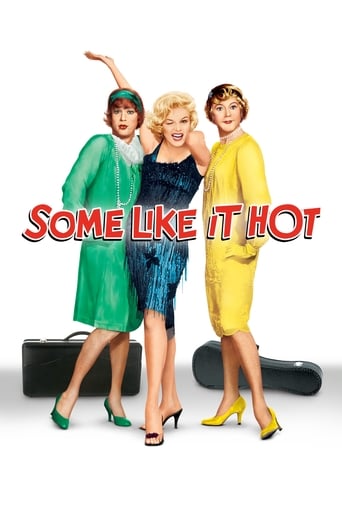
Reviews
You get the sense that Fellini is a reader of Flaubert, and reads him seriously; not with the common reader's fixation on Emma Bovary, nor on "charbovari" -- but with a good eye towards Emma's environment, towards Charles' viewers."I Vitelloni" explores the "boys" as Flaubert peeks at his couple. He is fond of his creations, but he does pass them judgment: we get a sense that Fellini himself is disgusted at Fausto's sleaze, but loves him for it. That is strong writing, and it shows in the final product. But it is disturbing that his fondest creation, Moraldo -- clearly the core uniting the group as revealed in the film -- is given only the screen time of any other group member. Fellini is the sort of mother the ugly child hopes for: egalitarian with her affection. This is despite Moraldo clearly vying for the place of creative "son", and the rest "nephews", perhaps with a few "twice removed"'s. It feels messy.But his strong eye for provincial life and non-provincial love unite the film in Moraldo's place, making for a wonderful experience in Fellini's personal Italy.
Unjustly put into the back-seat of Federico Fellini's extraordinary career, I Vitelloni is a relatively simplistic tale of 30-something slackers in a small 1950's Italian town. While it doesn't stand out against works such as La Dolce Vita (1960) or 8 1/2 (1963), this shows a different side to Fellini's famous circus-tent approach, engaging Neo- Realist sensibilities to form a rather bleak, but nonetheless amusing autobiographical film. While Amarcord (1973) was a more straight-forward depiction of Fellini's childhood memories, I Vitelloni seems to be based on people he has observed, possibly while growing up, who, like him, sought to break out of small-town life. Amarcord was a sweet homage to his hometown, but I Vitelloni shows what this kind of life can do to a generation born to parents of sacrifice.The Vitelloni (translated as 'the Boys') consist of Moraldo (Franco Interlenghi), a quiet, observant young man; Fausto (Franco Fabrizi), a handsome playboy; Alberto (Alberto Sordi), a daydreamer unhappy at his sister's affair with a married man; and Leopoldo (Leopoldo Trieste), the writer who harbours dreams of writing critically-adored plays. After Fausto gets Moraldo's sister Sandra (Leonora Ruffo) pregnant, he thinks about skipping town, but is talked out of it. He instead married Sandra, but continues to pursue women, whether they're single or taken, or even if they're married to his boss. With carnival approaching, we witness the group try their best to do as little as possible. They all dream of escaping the town, but do nothing to help it. Instead, they drink, gamble and chase women.Fellini doesn't have disdain for these characters, but shows them for what they are. They see their parents and grandparents, old and seemingly miserable, and see what their sacrifice has brought them. So, naturally, they rebel. Fausto is undoubtedly a loathsome character, even going as far as leaving a cinema half-way through a movie, where he is with his wife, to chase a beautiful woman. But for all his flaws, he still manages to gather sympathy. It seems like he simply cannot stop, locked into a life in which he doesn't belong, but he is solely responsible for. Yet for all his complexities, you can't help but feel relieved when he is given his comeuppance by his father. It's a clever juxtaposition of the generations, and although society will always produce a 'generation X', sometimes a good slap in the face is what is needed.Although Fellini remains somewhat reserved throughout the majority of the film, choosing a still, controlled camera, he breaks out of the neo- Realism approach about half-way through for a scene in which carnival comes to town, with the sound of a lonesome drunken trumpet player running in a circle bellowing in an abandoned dance hall, as the catatonic Alberto staggers outside. It's the style that he would explode with in later years, as giant paper-mache heads poke out amongst sweaty party-goers. It helps counteract the seriousness of the movie's themes, perhaps even subtly elevating it, but it's the film's touching final sentiment that will stay with you, as a train carries one of the Vitelloni out of the town. Whether he will be back, or whether it will finally allow him to be happy we don't know, and that's a tragic statement if there ever was one.www.the-wrath-of-blog.blogspot.com
I Vitelloni is not great cinema, but it is an important film in the Fellini canon, biographically, in its ability to be a Rosetta Stone to other key moments and images in later films of his. It is a film that, at first blush, seems like a simple melodrama, but upon rewatch shows colors not seen the first time. It also augurs a theme that Fellini would satirize to grand fruition in La Dolce Vita, his masterpiece: the anomy of modern human existence. There was a time when life was arranged- marriages and apprenticeships. But Fellini was alive at the time that changed, and the modern loner was born. It would take a landsman- Martin Scorsese- in a different country, to realize the end results of that anomy, in his masterpiece, Taxi Driver. But without the vitelloni there is no Mean Streets nor Travis Bickle. You got a problem with that?
Neorealism originated in Italy, so it makes sense that it feels so real in these types of movies. Here, Fellini continues in the same vein as The White Sheik. Here, he deals with young newlyweds as well as a group of friends who want to leave their seemingly meaningless lives in a small Italian town, but can't seem to muster the courage or strength.As with The White Sheik, a love story is central, here it is that of Fausto and Sandra. But, we also get a glimpse into the life of Sandra's brother, Moraldo and their friends Alberto, Leopoldo and Riccardo. This is somewhat of a sad movie, but it is counterbalanced by the simplicity of Fellini's storytelling. It is obvious that he admires these people, even when they do incredibly stupid and selfish things. The film is mostly told through the eyes of Moraldo, a loner who is the one out the group most likely to leave. He walks the streets at night for reasons not really known. Come to think of it, a lot of things are not really known. Yet, I think Fellini intended that to be the case. We don't know much, so we take it on a whim. Because of that, it is all the more powerful and meaningful as a story of men trying to establish themselves in a world where that is practically impossible.
